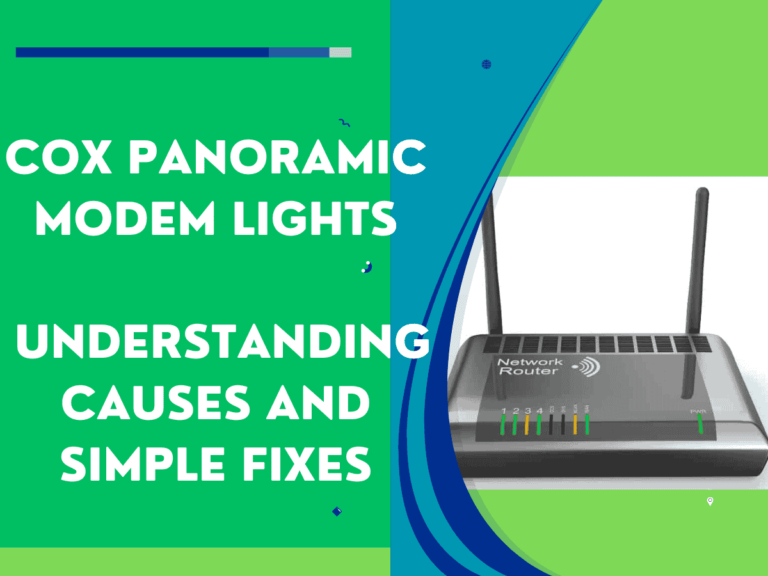Difference between term insurance and Life Insurance. Unraveling the Concept of Life Insurance and Term Insurance. When you’re planning your financial future, insurance plays a critical role, offering financial stability and peace of mind. The two prominent types of insurance on the market that you often hear about are Term Insurance and Life Insurance. These types of insurance come with their unique benefits and drawbacks and are often confused with each other. This post aims to unravel the difference between Term Insurance and Life Insurance to make an informed decision.
Understanding Term Insurance
Term insurance is a type of life insurance policy that provides coverage for a specific ‘term’ of years. If the insured dies during this term, the death benefit is paid out to the nominee or beneficiary. It is often termed pure life insurance as it has no cash value and its sole purpose is to insure against the loss of life.
One of the key advantages of term insurance is affordability. You can acquire a substantial amount of coverage at a relatively low premium rate. However, if the policyholder survives the term, the coverage ends and no benefits are paid, making it a ‘use it or lose it’ type policy.
Defining Life Insurance
On the other hand, life insurance, particularly, life insurance, provides lifetime coverage. The insurance company pays the death benefit regardless of when the policyholder dies, provided premiums have been paid regularly. Life insurance also includes a savings component, known as ‘cash value’, which accumulates over time.
The insured can borrow against the cash value or even surrender the policy for cash. However, life insurance policies generally have higher premiums compared to term insurance, as part of the premium goes towards building the cash value.
Difference Between Term Insurance And Life Insurance
Term insurance and life insurance cater to different financial needs and situations. Term insurance is useful for those who have a limited budget but need a large amount of life cover. It offers financial protection for a predefined term, usually up to 30 years.
Contrarily, life insurance is a lifetime investment that provides financial security to your family after your death, plus offers a savings component. This is more advantageous if you have long-term financial commitments. However, you need to be prepared to pay higher premiums for the entirety of the covered period. Let’s examine the essential characteristics that set term life insurance apart from life insurance.
Coverage
Life insurance provides a death benefit to the beneficiary, whereas term insurance pays out money to the policyholder. In addition, term insurance covers the policyholder’s early death within the period specified in the policy contract.
Conversely, life insurance covers both early death and survival through the maturity of the policy.
Premium
The premiums for life insurance policies are often higher than those for term insurance because they insure a person for the duration of their life.
Length of Coverage
While life insurance coverage has a set length of five to thirty years, term insurance coverage can last up to ten to thirty-five years.
Bonus and Other Features.
Life insurance companies typically provide a bonus to your policy if you have been making payments for at least a year. Term plans usually don’t offer any extra benefits or incentives.
In the event of the insured’s death, term insurance policies will pay out the basic sum assured. However, some life insurance plans come with bonus add-ons, guaranteed additions, loyalty add-ons, and other benefits.
Completed and given up
Applying for term insurance entails giving up your existing whole life insurance policy. Neither paid-up value nor acquisition of surrender exists.
Life insurance plans to accrue a paid-up value if premiums are discontinued after a set number of years. If the item is turned in after that, a surrender value is paid.
Adaptability
Whole life insurance policies offer more flexibility than term life insurance because term life insurance does not have paid-up value, surrender value, or maturity advantages.
FAQs About Term Insurance and Life Insurance
1. Which is better: term insurance or life insurance?
The choice between term insurance and life insurance depends on individual requirements, financial commitments, and budget. If you’re looking for pure death coverage at a low cost, term insurance is the better choice. However, if you desire a life cover plus an investment component, life insurance is the ideal choice.
2. Can one switch between term insurance and life insurance?
Yes, certain insurance policies allow a switch from term to whole life insurance. However, it may depend on the individual terms and conditions of the insurance provider.
3. What happens if the term expires on term insurance?
If the term expires in a term insurance policy, the policy ends and no death benefit is paid unless it’s a term return premium policy where premiums paid are returned at the end of the term.
Understanding the difference between Term Insurance and Life Insurance is essential to safeguarding you and your loved ones’ future. By deciding based on your needs, affordability, and life’s ambitions, you can rest assured that your financial safety is well taken care of.







